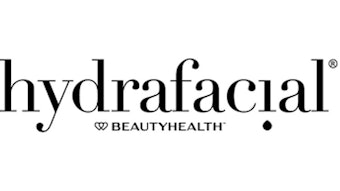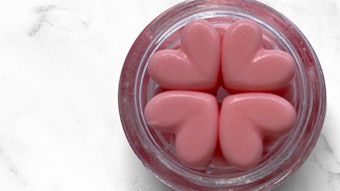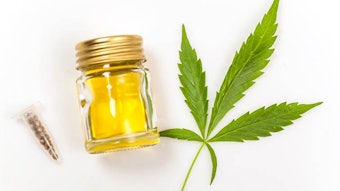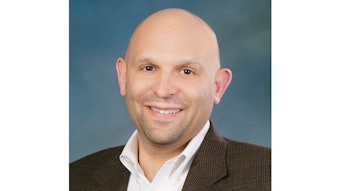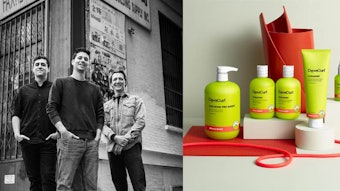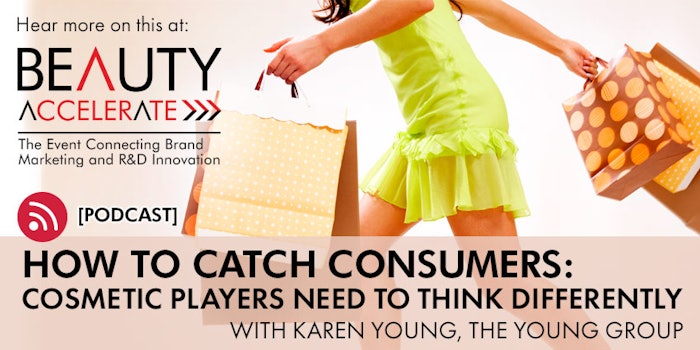
'I think the message to all of us is: We have to be trying new methodologies for bringing product to market,' says Karen Young, of The Young Group.
Why? Because we're not keeping up with that pace of today's consumer. As Young explains in the following interview, adapted from a podcast (see below), if you're a brand, a contract manufacturer, a packaging supplier, a raw material supplier—wherever you are in the cosmetic product chain, we have to sort out a more efficient way to deliver products because our existing system is cumbersome . . . and smaller indie brands, which are growing at 30% per year, can't make use of it.
Young will highlight these and other issues, and share suggestions during Beauty Accelerate, coming Oct. 15, 2019, to NYC. Not registered? Join our ultimate, solutions-focused "think tank" today.
Following is a preview of Young's session:
 "There's no question that today's consumer—not just cosmetic but in a lot of categories like food, health, wellness and fashion—is moving so much faster than what most of the market can keep up with. And by market, I meant the brands that are trying to reach her, find her, communicate with her. Then, behind each brand is a supply chain. ...and the supply chain, by and large, is the same supply chain it was 30 years ago; and it's really difficult to change that platform.
"There's no question that today's consumer—not just cosmetic but in a lot of categories like food, health, wellness and fashion—is moving so much faster than what most of the market can keep up with. And by market, I meant the brands that are trying to reach her, find her, communicate with her. Then, behind each brand is a supply chain. ...and the supply chain, by and large, is the same supply chain it was 30 years ago; and it's really difficult to change that platform."The issue is, the consumer is shopping in a very different way. She wants products presented to her in a different way. She wants constant innovation. She wants speed but she doesn't want to lose that incredible emotional attachment to her beauty products. And [remember]. . .we make products people want, not products people need. So we cannot take for granted, for one minute, that she's simply going to come shopping for our stuff.
'The consumer is amazing. . . and she expects stuff to happen efficiently and quickly.'
"She wants great experiences and she wants an emotional connection, and as hard as brands are working to contact her, to communicate with her and to get into her life, we have a supply chain that is cumbersome. The beauty of [Beauty Accelerate] is that it will address this in so many ways.
"I think the point of [Beauty Accelerate] is to highlight a number of these areas and say regardless of where you play in the food chain—if you're a brand, if you're a contract manufacturer, if you're a packaging supplier, if you're a raw material supplier—we have to sort out a more efficient way to do this because our system is cumbersome...and these little brands, which are growing at 30% a year, can't make use of this cumbersome system.
"[While] the system has worked for a long time, the evolution, which is frankly a revolution, is coming and we have to step back and really think about how all of this is put together. Having spent much of the last several months traveling, with two trips to Asia, and in talking to start-up brands as well as people in the supply chain in both China and South Korea, (and I know all the reasons why their system is different [i.e., government support], we can all go through the list. . .), but the fact remains it's physically possible to do it in a very different way. We just can't take for granted that this platform of bringing a product to market that we've been using for a long time is going to last forever.
'Wherever you are in the cosmetic product chain, we have to sort out a more efficient way to deliver products. Our existing system is cumbersome . . . and smaller indie brands, which are growing at 30% per year, can't make use of it.'
"What I find, as I go through all the [major cosmetic] companies that I'm talking with, is some of them are a bit resistant and defensive. Some of them throw up their hands, saying 'We're trying all kinds of different things' that may or may not work. But I think the message to all of us is: We have to be trying new methodologies for bringing product to market.
"I certainly have suggestions; I'm not in the world of contract manufacturing or package supplier or raw material supplier, I work with all these groups and so I see them obviously as a little bit of an outsider. I just know that we have to put our heads together as a group and be willing to stumble, fall down, get up again and find a better way of doing this.
"The consumer is amazing. She is so smart and so quick and she's making all these decisions so quickly because her world is so bound up in the seat of technology today. . . And so she expects all this stuff to happen efficiently and quickly."


